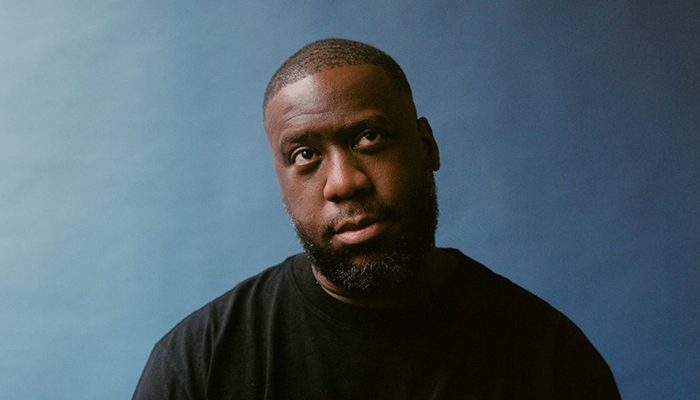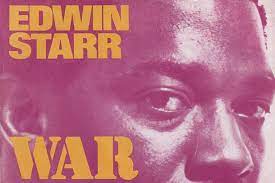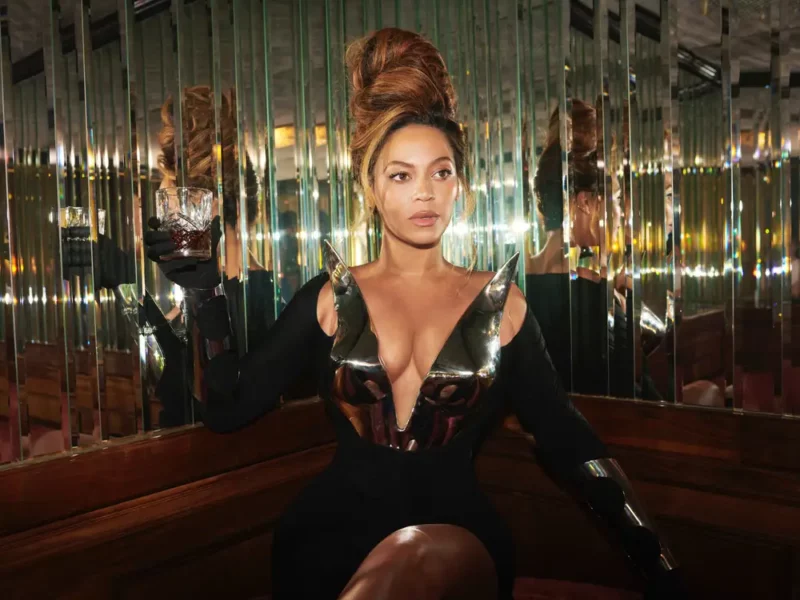Jazz pianist, Robert Glasper, visits Minneapolis on January 29, 2023, for an emotive performance exuding Black pride.
On a bitterly cold Sunday night in January, jazz pianist Robert Glasper took the stage for the final two-hour set of a weekend-long residency at Minneapolis’ Dakota Jazz Club. “Y’all need to get y’all weather together,” Glasper said, wryly. What followed was a celebration of Black music, a demonstration of Glasper’s creative genius and an ode to the Black cultural icons that have inspired him; a set that seamlessly interspersed original tunes with covers of Mint Condition and Erykah Badu. Near the end of his performance, Glasper went into an acoustic rendition of Kendrick Lamar’s, “I’m Dying Of Thirst.” His accompanying DJ, Jahid, layered soundbites of young children over his dispirited, yet gripping, chord progression. They said, “I am Eric Garner… Trevon Martin… Michael Brown.” For a moment, the entire club, even the bartenders, held a reverent silence, as Glasper, a Black creator known for his political outspokenness, used his instrument to relay the tragic tale of these victims of police brutality.
Glasper is among a new generation of jazz musicians who are willing to risk missing out on the elitist, conservative, white fanbase of jazz, a demographic often attracted to “America’s classical music,” in favor of using their art as a platform for social change and an unapologetic outlet to celebrate Blackness. Along with modern artists such as Kamasi Washington, Terrace Martin, and Thundercat, Glasper has made racial identity a central focus in his music. To round off his set, Glasper performed one of his acclaimed “Dillaludes,” a series of jazzified loops from the late great hip-hop producer J. Dilla, strung together masterfully with crunchy, yet pleasing harmonic transitions. Colin Mitchell, a Black Minneapolis drummer who attended the concert at the Dakota, sees racial identity as an important aspect of creative expression, especially for Black musicians. “I think that bringing your identity into the music helps bring your message across, and it helps people to understand where you are coming from creatively,” Mitchell said. “The Black experience, as much as it’s full of pain and sorrow, it’s also full of joy and love and creativity.”



